What sets student life at RUSH University apart? There’s the location — a world-class medical center in the world-class city of Chicago with options for online learning. The faculty — experienced practitioners who bring forward-thinking approaches to education. And the opportunities for growth — whether it’s through clinical training, community service, research or campus activities.
The Office of Student Life is committed to fostering an atmosphere that enhances each student’s academic experience and connection to RUSH throughout the course of the year by providing career services, serving as advisers to student organizations, developing co-curricular and extra-curricular activities, coordinating University onboarding, assisting with commencement and more. Learn more about the RUSH experience with the resources below.
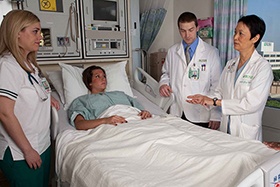
We offer hands-on learning in our patient care units, our classrooms and our labs, guided by accomplished faculty who practice what they teach.
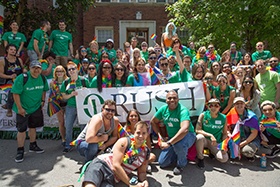
We strive for a learning community where people of all backgrounds feel welcome and supported, with the opportunity to share their stories.
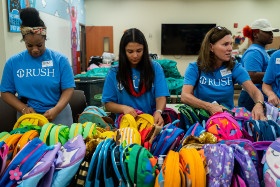
You can play a role in RUSH University’s commitment to improving health care outcomes in underserved communities.

Chicago is a dynamic city that gives you unparalleled opportunities to not only enhance your skills but network and collaborate with colleagues across disciplines.
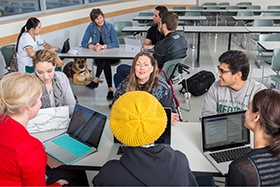
We promote learning initiatives that teach students of different disciplines how to work together and deliver high-quality, team-based health care.
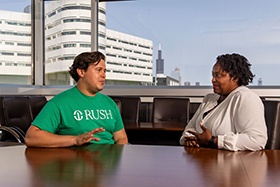
RUSH University strives to ensure that our facilities, programs and services are fully available to those with disabilities.
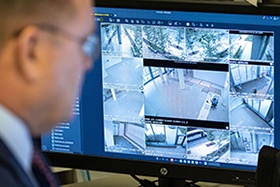
We provide a wide range of resources to help you feel safe and secure on campus.

More than 40 active student organizations are available that focus on areas of professional or personal interest, social issues, and ethnic or religious affiliation.
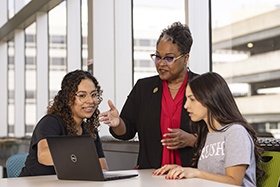
Explore services such as resume and cover letter assistance, interview preparation, job shadowing placement and more to help you get your career started.

RUSH University does not offer on-campus housing, but we’ve compiled a list of resources to help students locate apartments and housing options near campus.
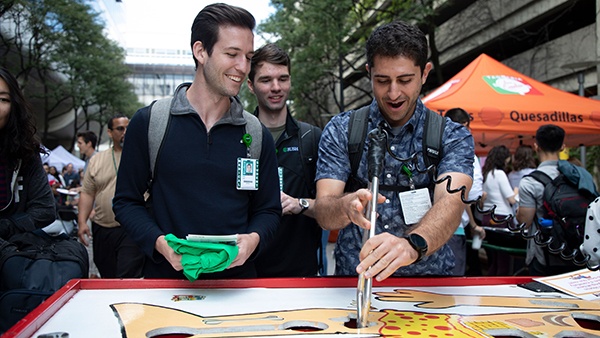
RUSH University holds several events throughout the year for incoming, current and graduating students, including the New Student Onboarding Resource Fair, Welcome Back Week, Rushapalooza and Commencement. Find out all the details and mark your calendar.
Contact the Office of Student Life:
600 S. Paulina St., Suite 984
Chicago, IL 60612
(312) 942-6302

